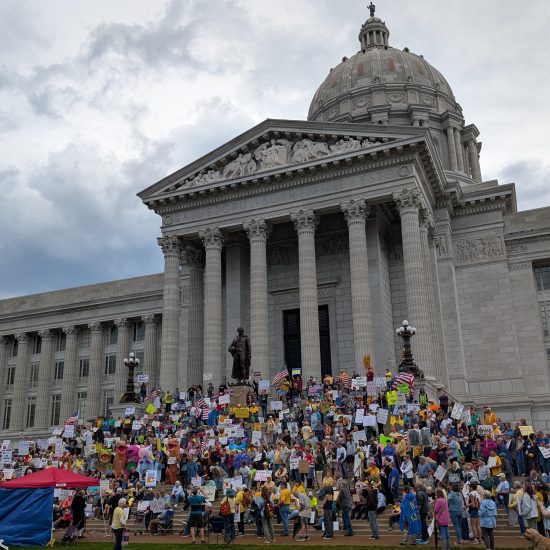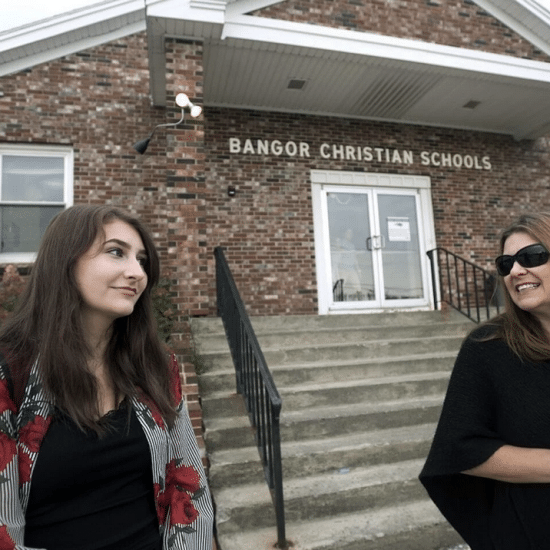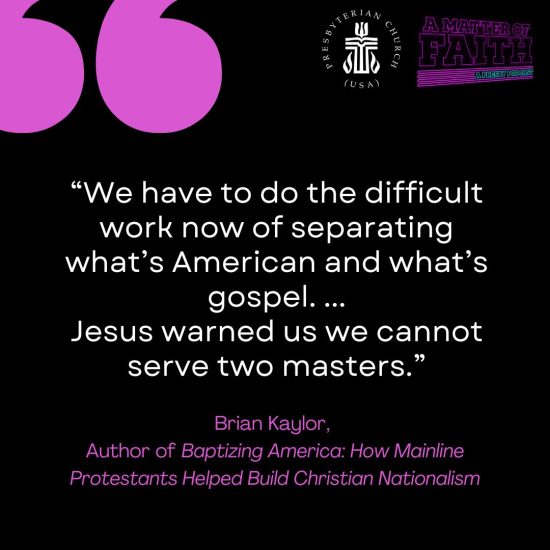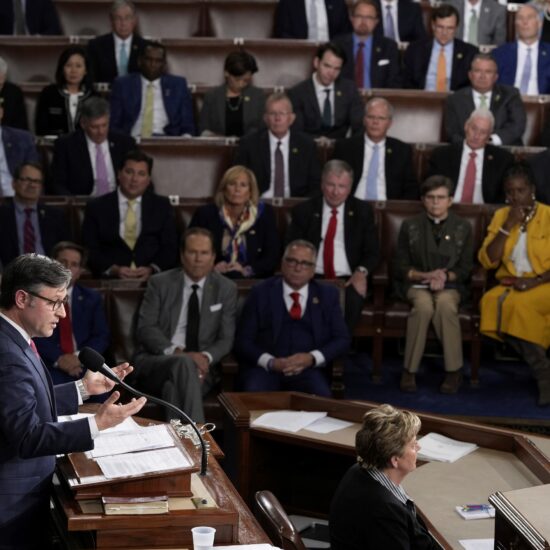WASHINGTON (ABP) — A closely divided Supreme Court, in a June 28 ruling that resolved few major constitutional questions, said the University of California’s law school could refuse to offer the benefits of official registration to a Christian student group because the club discriminates on the basis of religion and sexual orientation.
The justices, in a 5-4 decision, said that the university’s San Francisco-based Hastings College of Law does not have to exempt its chapter of the Christian Legal Society from a campus policy that bars officially recognized student groups from denying membership or leadership positions on the basis of religion or sexual orientation.
“In requiring CLS — in common with all other student organizations — to choose between welcoming all students and forgoing the benefits of official recognition, we hold, Hastings did not transgress constitutional limitations,” said Justice Ruth Bader Ginsburg, who authored the court’s majority opinion “CLS, it bears emphasis, seeks not parity with other organizations, but a preferential exemption from Hastings’ policy.”
Ginsburg was joined in the majority opinion for Christian Legal Society v. Martinez by fellow left-leaning justices John Paul Stevens, Stephen Breyer and Sonia Sotomayor as well as centrist swing justice Anthony Kennedy.
The court’s four conservatives — Chief Justice John Roberts and associate justices Antonin Scalia, Clarence Thomas and Samuel Alito — formed the minority. Alito, in a sharply worded dissenting opinion, said the ruling was a setback for freedom of expression.
“Our proudest boast of our free-speech jurisprudence is that we protect the freedom to express ‘the thought that we hate,’” Alito said, quoting a previous Supreme Court decision on free speech. “Today’s decision rests on a very different principle: no freedom for expression that offends prevailing standards of political correctness in our country’s institutions of higher learning.”
Origins of case
The case began when, in 2004, a previously registered Christian student club at Hastings decided to affiliate with the national Christian Legal Society. That meant adopting governing documents requiring chapter members to affirm an orthodox Christian statement of faith as well as barring members who engage in “unrepentant” sexual acts outside of a heterosexual marriage.
In the process of re-registering, the chapter asked for exemptions from the religion and sexual-orientation aspects of the non-discrimination rules. But the school denied the exemption, saying the non-discrimination requirement is a neutral rule that applies to all student groups and it would be unfair to treat the society differently.
The society — a national networking organization for Christian judges, attorneys and law students — sued, saying the denial was a violation of its rights of association and comprised viewpoint discrimination against its religious views.
But the majority disagreed. “CLS’s conduct — not its Christian perspective — is, from Hastings’ vantage point, what stands between the group and RSO [registered student organization] status,” Ginsburg wrote.
In his dissent, Alito countered that requiring religious groups to accept people from other religions as members in order to enjoy state benefits was itself discriminatory. “The State of California surely could not demand that all Christian groups admit members who believe that Jesus was merely human. Jewish groups could not be required to admit anti-Semites and Holocaust deniers. Muslim groups could not be forced to admit persons who are viewed as slandering Islam,” he wrote. “While there can be no question that the State of California could not impose such restrictions on all religious groups in the state, the court now holds that Hastings, a state institution, may impose these very same requirements on students who wish to participate in a forum that is designed to foster the expression of diverse viewpoints.”
Stevens counters dissenters
But Stevens — in his last day sitting on the court prior to retirement — wrote separately from the majority to take on the dissenters’ arguments.
“In the dissent’s view, by refusing to grant CLS an exemption from the non-discrimination policy, Hastings violated CLS’s rights, for by proscribing unlawful discrimination on the basis of religion, the policy discriminates unlawfully on the basis of religion,” he wrote. “There are numerous reasons why this counterintuitive theory is unsound. Although the First Amendment may protect CLS’s discriminatory practices off campus, it does not require a public university to validate or support them.”
Stevens admitted that “the policy may end up having greater consequence for religious groups” because “they are more likely than their secular counterparts to wish to exclude students of particular faiths.”
However, he continued, “there is likewise no evidence that the policy was intended to cause harm to religious groups, or that it has in practice caused significant harm to their operations. And it is a basic tenet of First Amendment law that disparate impact does not, in itself, constitute viewpoint discrimination.”
The decision returns the case to the 9th U.S. Circuit Court of Appeals for a separate determination of whether the “all-comers” policy that Hastings created — and that the court weighed in this case — was established or applied fairly. CLS attorneys have argued that it was not.
Many conservative groups had hoped for a broader ruling clarifying the rights of religious student organizations when it comes to non-discrimination policies and state benefits. A spokesman for one Christian legal group expressed frustration with the ruling’s narrow focus on Hastings’ stated policy
“We will keep litigating these issues,” said Jordan Lawrence of the Alliance Defense Fund. “Unfortunately, the Supreme Court did not resolve very much with this issue; there’s a lot of litigation left to do over the rights of private organizations to make sure that their leadership agrees with the common message that organizations advocate.”
The case is No. 08-1371.
-30-
Robert Marus is managing editor and Washington bureau chief for Associated Baptist Press.
Read more:
Supreme Court’s opinion in Christian Legal Society v. Martinez
Previous ABP story:
Supreme Court to deal with rights of religious groups at state schools (12/7/2009)






